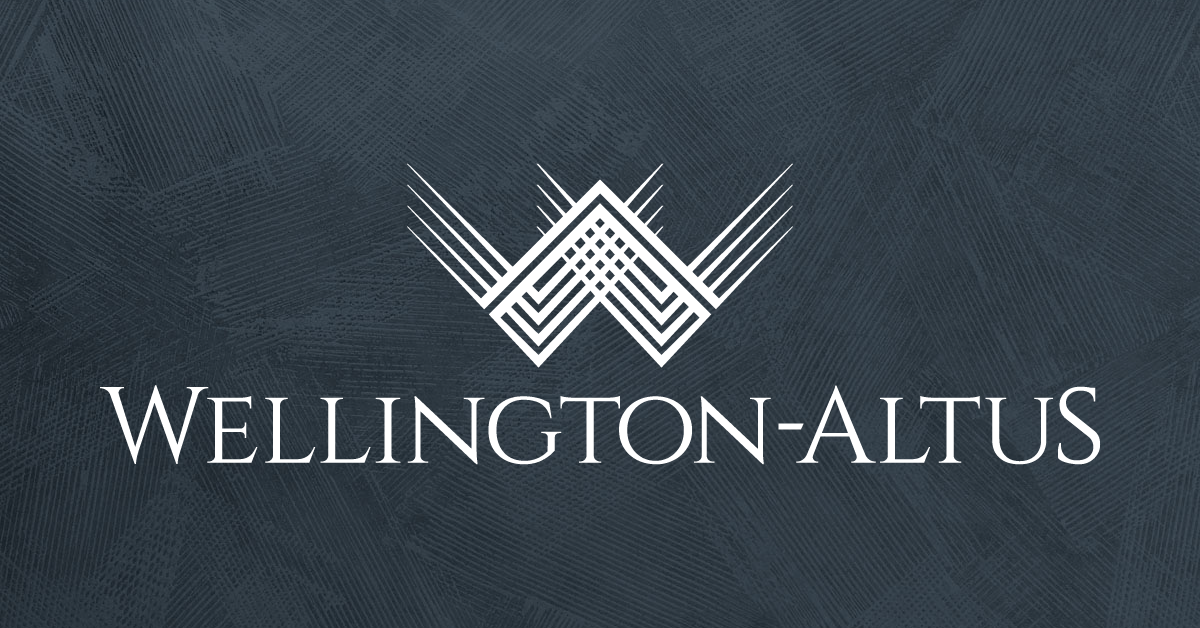As more of our lives are conducted online, new wealth and estate planning considerations related to the treatment of digital assets continue to develop.
This provides a unique opportunity for advisors, who should raise awareness of the challenges of identifying and including digital assets in wealth and estate planning through discussion and thoughtful planning with their clients.
5 key questions to ask
As the laws and custodial practices for digital assets continue to evolve, it’s important for advisors to understand the extent of their clients’ digital assets and activities to avoid loss of value and support the executor’s ability to effectively manage the estate. Here are a few questions advisors can pose to get the conversation going:
- Have you created an inventory of your most valuable digital assets, including those with financial or sentimental value?
- Does your will specify who should have access to or inherit ownership of your digital assets in the event of your death?
- Have you considered how you would like your digital assets to be managed after your passing, i.e., would you like your accounts closed, and any assets gifted or liquidated?
- Is the executor of your estate comfortable with the management of your digital assets? Is there a plan in place to ensure they have uncontested access to your accounts?
- Have you considered using a digital administration service to manage access to your digital assets after your death?
What is a digital asset?
Digital assets include, but are not limited to:
- Online accounts and subscriptions, including financial accounts, email, social media and productivity tools
- Files or content, such as documents, photos, artistic works or other media
- Cryptocurrency and monetary credits
- Websites (e.g., domain names)
- Collectibles (e.g., non-fungible tokens)
- Revenue, such as recurring income from an online business
- Internet connection and hardware devices
- Items such as documents or contracts stored on a hard drive, in a cloud drive, or within third-party applications
Digital assets may represent significant financial or sentimental value to an individual and the beneficiaries of their estate.
What are the issues?
In contrast to physical assets, the laws governing digital assets, and access to them, are lacking in some jurisdictions and quickly evolving in others. The recognition and treatment of digital assets varies widely across Canada’s provincial and territorial jurisdictions, as well as internationally.
With so much of what was once done on paper now occurring online, the value of pre-planning for access to digital assets after a person’s death is taking on ever greater significance. Losing access to the email accounts of the deceased, for example, can result in a significant loss of value for the estate, even in the short term.

